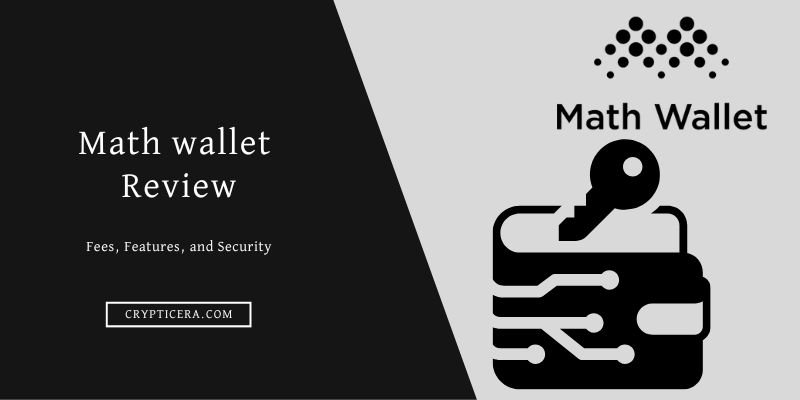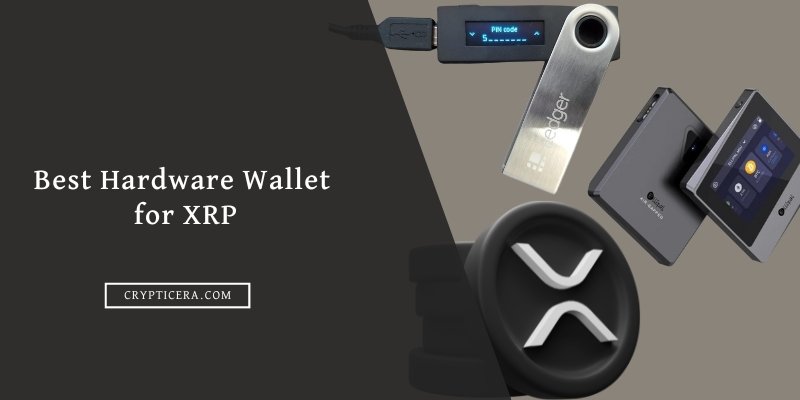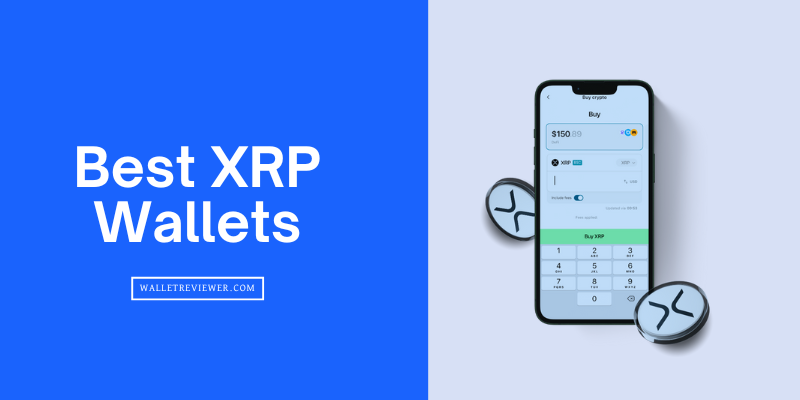Hi there! I’ve seen a lot of people using different wallets to store and manage their cryptocurrency assets. One wallet that has been gaining popularity in recent times is Math Wallet.
In this blog post, I’ll be providing a detailed review of Math Wallet, covering aspects such as fees, supported coins, and security. As someone who has used Math Wallet myself, I can say that it’s a versatile wallet that supports a wide range of blockchain networks, making it a go-to choice for many crypto enthusiasts.
If you’re someone who is looking to get started with Math Wallet, or you’re simply curious about how it stacks up against other wallets, then keep reading! I’ll be breaking down all the key features of this wallet, so you can make an informed decision about whether it’s the right fit for you.
Key Takeaways:
| Company | Math Wallet |
| Year Founded | 2019 |
| Headquarters | Singapore |
| Website | mathwallet.org/en-us/ |
| Supported Coins | 148+ Popular public chains supported |
| Features | Swap, Staking, DApp Store, Metaverse, MATH Token |
Math Wallet Overview
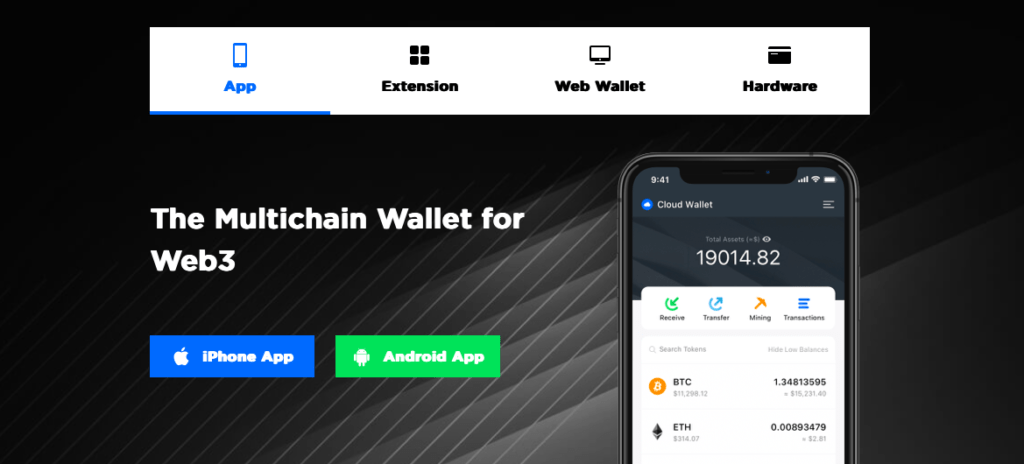
Math Wallet is a multi-platform and multi-chain wallet that allows users to store, manage and trade various cryptocurrencies. The wallet supports over 60 blockchains including Bitcoin, Ethereum, EOS, TRON, Polkadot, Binance Smart Chain, and many others.
Math Wallet also supports decentralized applications (DApps) and provides users with access to various DeFi protocols, NFT marketplaces, and other blockchain-based services.
The wallet is available on multiple platforms including iOS, Android, and web, making it easily accessible to users across different devices. Math Wallet offers a user-friendly interface, high-security standards, and private key management features, allowing users to manage their digital assets with ease and peace of mind.
It also provides users with various ways to earn passive income, such as staking and liquidity providing. Math Wallet is constantly updating and improving its features, adding support for new blockchains, and integrating new DApps and services to provide users with a seamless and secure experience in the rapidly evolving blockchain ecosystem.
Pros and Cons
| Pros | Cons |
|---|---|
| Secure and user-friendly platform | Not Widely adopted |
| Supports many cryptocurrencies | Limited features compared to some other wallets |
| Easy cryptocurrency swapping | May be overwhelming for new users |
| Access to DeFi applications | User interface can be slow or buggy |
| Hardware wallet integration | Requires internet connection |
| Mobile app for convenient access | |
| Staking services available |
Math Wallet Supported Cryptocurrencies
Math wallet supports 148+ Popular public chains. It consists of a wide range of cryptocurrencies, including popular ones like Bitcoin (BTC), Ethereum (ETH), and Binance Coin (BNB), as well as many lesser-known cryptocurrencies.
The most popular Blockchains are:
- Bitcoin
- Solana
- APTOS
- Filecoin
- Arweave
- Tezos
- Flow
- TRON
- Near
- EOS
- BNB Beacon Chain
Math Wallet Fees
Is Math Wallet Free? Yes, Math wallet does not charge any Fees. It charges transaction, exchange, gas, and network fees that vary depending on the blockchain network used and the current network congestion.
All the charged fees go to network validators. Fees also depend on the finality of transactions. Faster transaction times led to high network Fees.
Math Wallet Features Review
- Multi-chain Support: Math Wallet supports over 60 blockchains, including Ethereum, Binance Smart Chain, Polkadot, Cosmos, and more.
- Cross-chain Transactions: It allows users to easily swap cryptocurrencies between different blockchains through its cross-chain functionality.
- DApp Browser: The wallet has a built-in DApp browser that allows users to interact with various decentralized applications (DApps) directly from the wallet.
- Staking and Delegating: It supports staking and delegating for various cryptocurrencies, allowing users to earn rewards for holding and securing their assets.
- Hardware Wallet Integration: The wallet can be connected to hardware wallets such as Ledger and Trezor for added security.
- One-click Account Creation: Users can create new accounts with just one click, and can easily switch between accounts.
- Secure and Private: Math Wallet uses industry-standard security measures such as multi-factor authentication, biometric authentication, and encryption to ensure user assets are secure.
- Mobile and Desktop Support: The app is available for both mobile (iOS and Android) and desktop (Windows and Mac) devices, providing users with flexibility and convenience.
Math DApp Store

The Math DApp Store is an easy-to-use platform that allows users to browse and access a wide range of decentralized applications. The store is divided into several categories such as gaming, social, DeFi, and more, making it easy for users to find the DApps that best suit their needs.
DApps are accessed directly from within the wallet, users do not need to worry about entering their private keys or passwords on potentially unsecured third-party websites. This reduces the risk of hacks and other security issues.
MathVerse
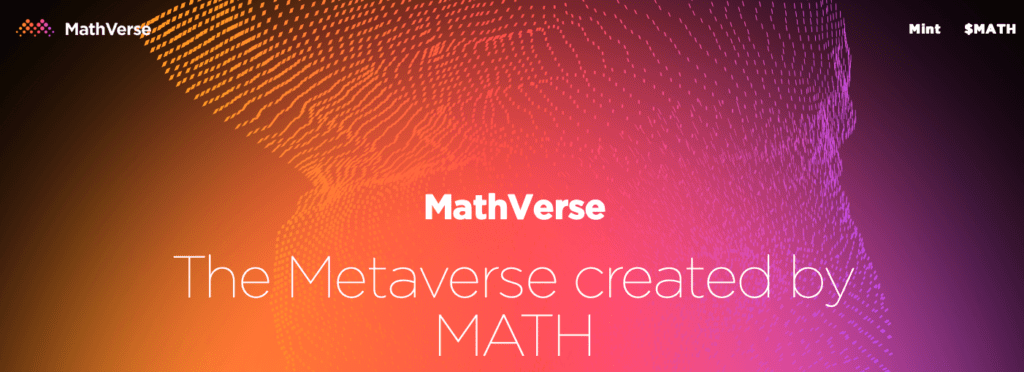
MathVerse is a blockchain-based Metaverse (virtual world) developed by the MathWallet team. It is designed to provide users with an immersive experience that combines the benefits of blockchain technology with social interactions.
MathVerse also has its own digital currency, $MATH, which can be used to purchase virtual assets and participate in various in-world activities. Users can earn $MATH by completing quests, participating in events, or by simply exploring the virtual world.
MathChain
MathChain is a Layer 2 blockchain protocol built on the Substrate framework by Math Wallet Team. It supports cross-chain asset transfers and is interoperable with other blockchains, making it a powerful tool for developers and users alike.
MathChain also provides support for a wide range of programming languages, making it easy for developers to build decentralized applications on top of the platform. The network also has its own native token, MATH, which can be used for staking, transaction fees, and other functions within the ecosystem.
MathVault

MathVault is a cryptocurrency wallet and staking aggregator that combines the benefits of centralized and decentralized finance (CeFi and DeFi) into a single platform. The wallet is designed to provide users with a secure and convenient way to manage their digital assets and earn passive income through staking.
MathVault also offers a yield farming function that allows users to earn rewards by providing liquidity to various DeFi protocols. The platform also supports multi-chain staking, enabling users to earn rewards on multiple blockchains simultaneously.
Customer Support and Ease of Use
Math Wallet has generally received positive feedback for both customer support and ease of use. The wallet offers a user-friendly interface, easy to navigate, and stores various cryptocurrencies.
Users can access support via email, live chat, and social media channels like Twitter and Telegram. The support team is generally responsive and helpful in addressing any questions or concerns that users may have. They are known for providing prompt and effective solutions to issues raised by users.
Math Wallet Hardware Wallet Compatibility
Math Wallet is compatible with two hardware wallets, including Ledger and WOOKONG Bio.
The Ledger hardware wallet is a popular choice for users looking for a secure way to store their cryptocurrencies offline. Math Wallet supports the Ledger hardware wallet through its Google Chrome extension, allowing users to easily manage their Ledger accounts and transactions directly from the Math Wallet interface.
Similarly, the WOOKONG Bio hardware wallet is also supported by Math Wallet through its mobile app. WOOKONG Bio is a biometric hardware wallet that uses fingerprint recognition to authenticate transactions, providing an extra layer of security for users.
Read: Ledger Nano X Review and Ledger vs Trezor Comparison
How to Set Up MathWallet
- Download the Math Wallet app from the official website or your device’s app store.
- Install and open the app on your device.
- Choose the network you want to use (e.g., Ethereum, Binance Smart Chain, etc.).
- Create a new wallet or import an existing one using your recovery phrase or private key.
- Set up a strong password to secure your wallet.
- Add your desired cryptocurrencies by clicking on the “add asset” button and selecting your preferred token.
- To receive funds, go to the “receive” tab and copy your wallet address.
- To send funds, go to the “send” tab and enter the recipient’s address, and the amount you wish to send, and confirm the transaction.
Alternatives: Math Wallet vs Exodus vs Atomic Wallet
| Key Points | Math Wallet | Exodus | Atomic Wallet |
|---|---|---|---|
| Supported cryptocurrencies | unlimited coins on 148+ blockchains | 260+ coins | 500+ Coins |
| Cross-platform support | Android, iOS, Windows, Mac, and Linux | Windows, Mac, and Linux, Mobile | Windows, Mac, Linux, and mobile |
| User interface | Not user friendly | Easy | Easy |
| Security | High | Very High | Very High |
| Exchange integration | ✔️ | ✔️ | ✔️ |
| Staking capabilities | ✔️ | ✔️ | ✔️ |
| Customer support | ✔️ | ✔️ | |
| Fees | Low | High | Moderate |
| Additional features | Supports dApps and DeFi platforms | Offers portfolio tracking and tax reporting | Supports dApps and DeFi platforms, and offers portfolio tracking |
Read: Exodus wallet Review and Atomic Wallet Review, Also Read: Exodus vs Atomic wallet
Summary
Math Wallet

Summary
Math Wallet is a secure and convenient cryptocurrency wallet for managing digital assets. It supports multiple chains, hardware wallets, and CeFi/DeFi functions. It’s user-friendly and committed to security and decentralization.
FAQs
Is Math Wallet Safe?
Math Wallet is a highly secure crypto wallet for managing digital assets. The wallet employs various security measures to protect user funds and data, such as multi-factor authentication, biometric verification, and hardware wallet integration.
What can you stake in the MATH wallet?
Math Wallet supports staking for a variety of cryptocurrencies, including but not limited to: ETH, EOS, TRX, ATOM, DOT, KSM, and more. Users can earn passive income by staking their digital assets and contributing to the security and governance of their respective blockchain networks.
